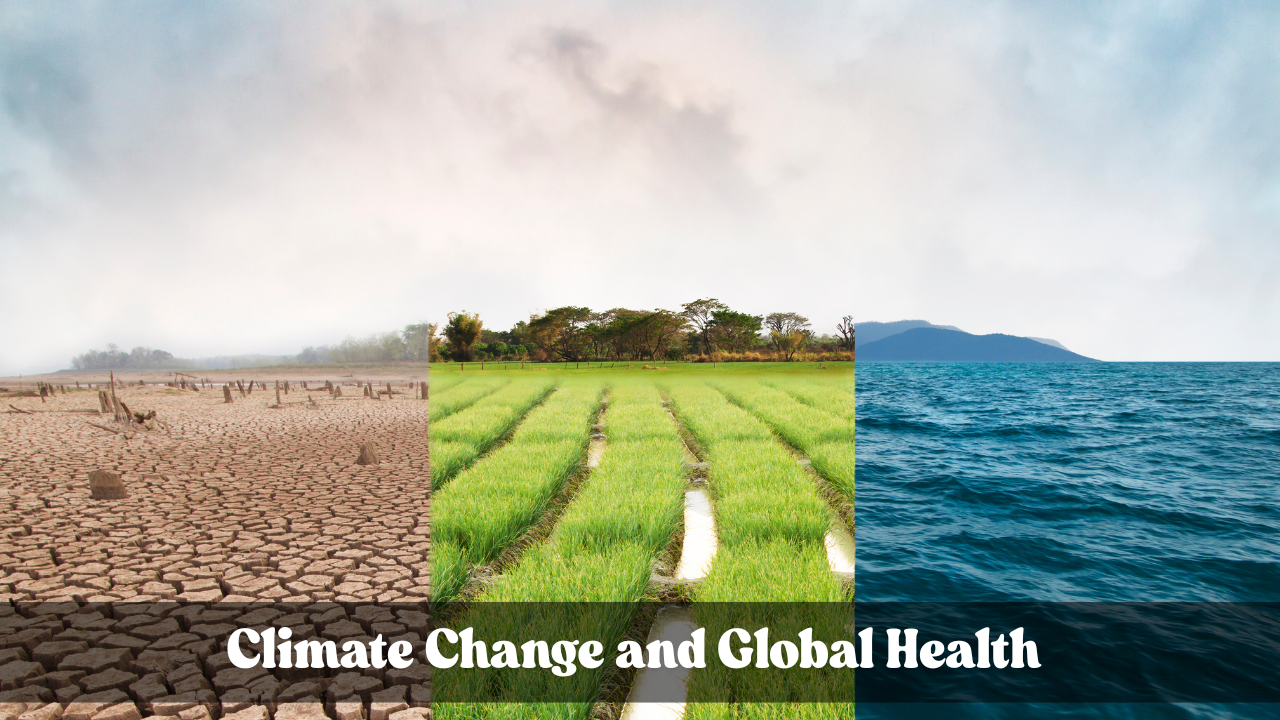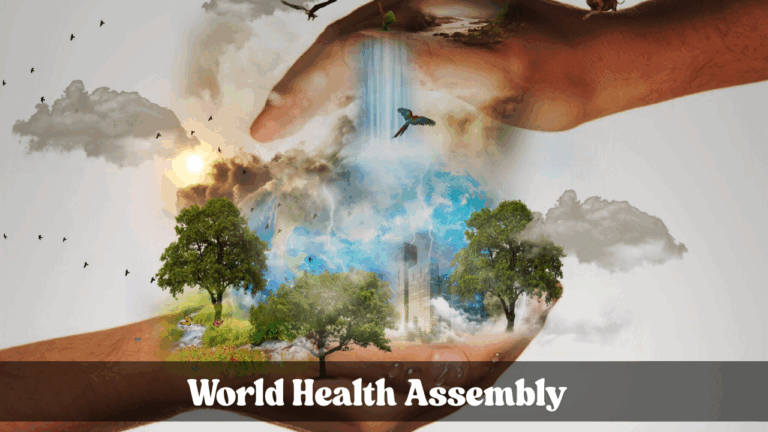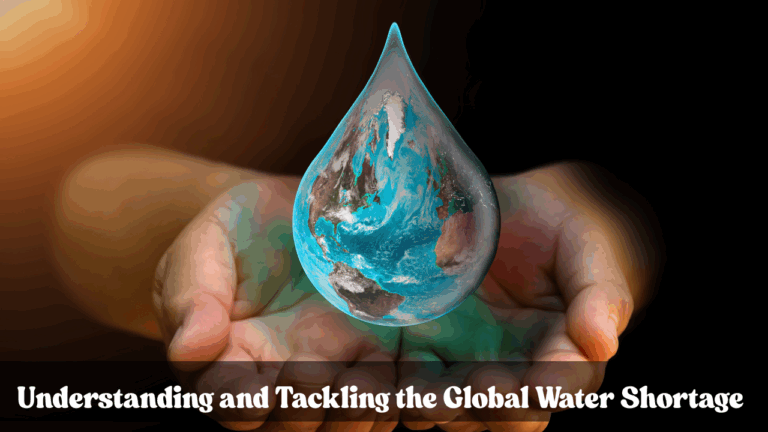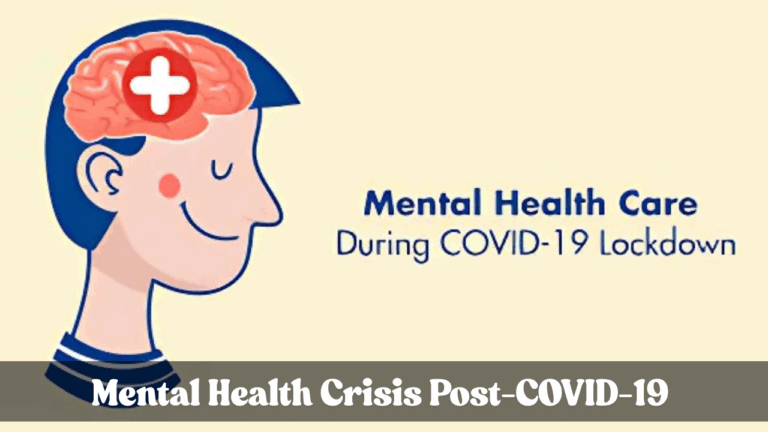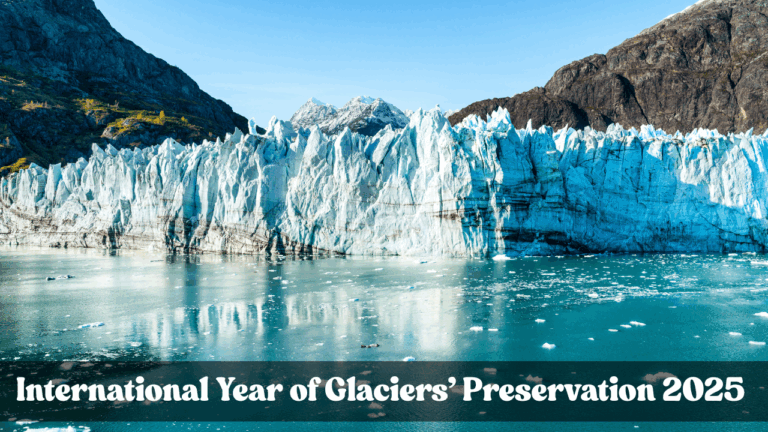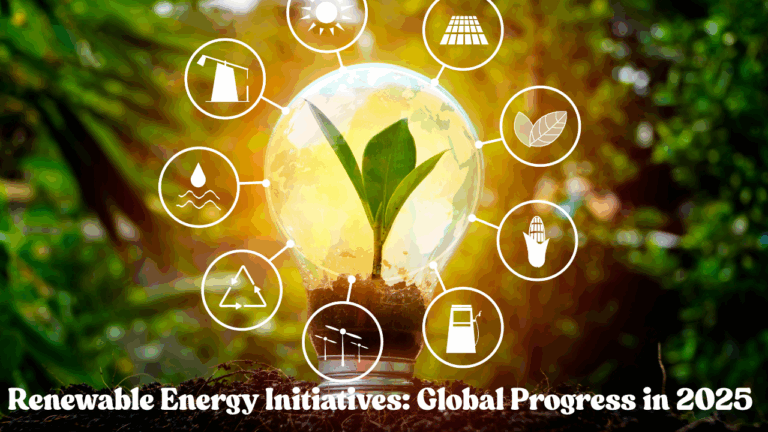Climate Change and Global Health: Understanding the Link and What It Means for India
Climate change is a global challenge that affects not just the environment but also the health of people everywhere. For India, a country with diverse climates and a large population, the health effects of climate change are becoming more visible and serious. This blog explains the key ways climate change impacts health, why it matters to every Indian, and what we can do to address these challenges.
For more updates on important global and national issues, visit First Post.
How Does Climate Change Affect Health?
Climate change causes shifts in temperature, rainfall, and weather patterns. These changes affect the air we breathe, the water we drink, the food we eat, and even the diseases that spread among us. When these systems are disturbed, it puts people’s health at risk in many different ways.
India’s health sector is already feeling the strain of these changes. Understanding these impacts is crucial for planning and preparing for the future.
Rising Temperatures and Heat-Related Health Risks
One of the most direct effects of climate change is the rise in temperatures. India has seen several severe heat waves in recent years. High temperatures can cause heat exhaustion, heatstroke, and worsen heart and lung diseases. Workers who spend long hours outside, such as farmers and construction workers, are especially vulnerable.
Heatwaves not only affect physical health but also increase the demand for healthcare services. Hospitals often see a rise in patients during extreme heat periods, which puts extra pressure on the health system.
Learn more about how climate affects health at First Post.
Impact of Air Pollution on Respiratory Health
Air pollution is already a major health concern in many Indian cities. Climate change can worsen air quality by increasing dust, smoke, and pollutants in the air. Poor air quality leads to respiratory problems like asthma, bronchitis, and chronic obstructive pulmonary disease (COPD).
Children, elderly people, and those with existing health conditions are most at risk. The combination of heat and pollution can be particularly harmful, making it harder for people to breathe and increasing hospital visits.
For detailed reports on pollution and health, visit First Post.
Changes in Disease Patterns
Climate change influences where and how diseases spread. For example, warmer temperatures and changes in rainfall can expand the habitats of mosquitoes and other disease carriers. This has led to an increase in diseases such as dengue, malaria, and chikungunya in regions where they were previously less common.
The shifting pattern of diseases poses challenges for public health systems, which must adapt to new risks. Early warning systems and effective mosquito control programs become more important as these diseases spread.
Stay informed about disease trends and health advice at First Post.
Food Security and Nutrition
Unpredictable weather, droughts, and floods affect agricultural production. This can lead to food shortages and higher food prices, which in turn contribute to malnutrition, especially in vulnerable communities.
Malnutrition weakens the immune system, making people more prone to infections and illnesses. Children and pregnant women are particularly affected by these food shortages.
Understanding the link between climate, food, and health is important for building resilient communities. For insights on agriculture and health, check First Post.
Water Quality and Waterborne Diseases
Flooding and changes in rainfall patterns can contaminate water supplies. This leads to a rise in waterborne diseases such as diarrhea, cholera, and typhoid. Safe and clean water is essential for good health, and disruptions in water supply affect millions of people.
Improving water infrastructure and hygiene practices are key to reducing these health risks. Public awareness about water safety also plays an important role.
For health advisories and updates on water issues, visit First Post.
Mental Health and Climate Change
The mental health effects of climate change are less visible but equally important. Extreme weather events, loss of homes, and economic hardships caused by climate change can cause stress, anxiety, and depression.
Communities affected by floods, droughts, and displacement often experience trauma and uncertainty about the future. Providing mental health support alongside physical health care is crucial for helping these communities recover and adapt.
What Can India Do to Tackle These Challenges?
Addressing the health impacts of climate change requires cooperation at many levels:
- Government Action: Policies to reduce pollution, prepare health systems, and protect vulnerable groups are essential. Strengthening health infrastructure and training healthcare workers to handle climate-related health problems will help.
- Community Engagement: Local communities need to be involved in planning and implementing solutions. Traditional knowledge and local practices can support sustainable adaptation strategies.
- Public Awareness: Educating people about how climate change affects health encourages healthier behaviours and support for environmental policies.
- Research and Innovation: Ongoing research on climate and health helps identify new risks and effective responses.
India has already started taking steps to meet these challenges, but more efforts are needed to protect the health of all its people.
Climate change and health are closely connected. Understanding this link helps us make better decisions for our future. For regular updates on climate, health, and other important news, visit First Post.

